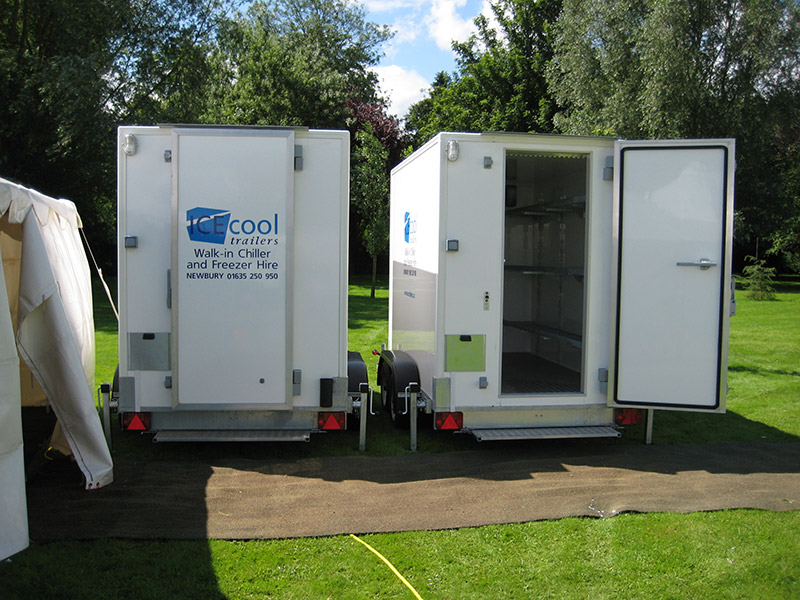
Food Poisoning More Likely at Home than at a Restaurant
Among the many industries we serve at Icecool Trailers is the restaurant industry. We provide restaurants with portable freezers and refrigerators for catered events, outdoor festivals, and the like. We also provide emergency refrigeration for the restaurant that suffers a mechanical breakdown of owned equipment. Therefore, we know that most restaurants take great care to ensure that both refrigeration and food storage practices are safe and in compliance with regulations. Consumers are more likely to get food poisoning at home than at a restaurant as a result of refrigeration issues.2

.jpg?updated=1556013927)



